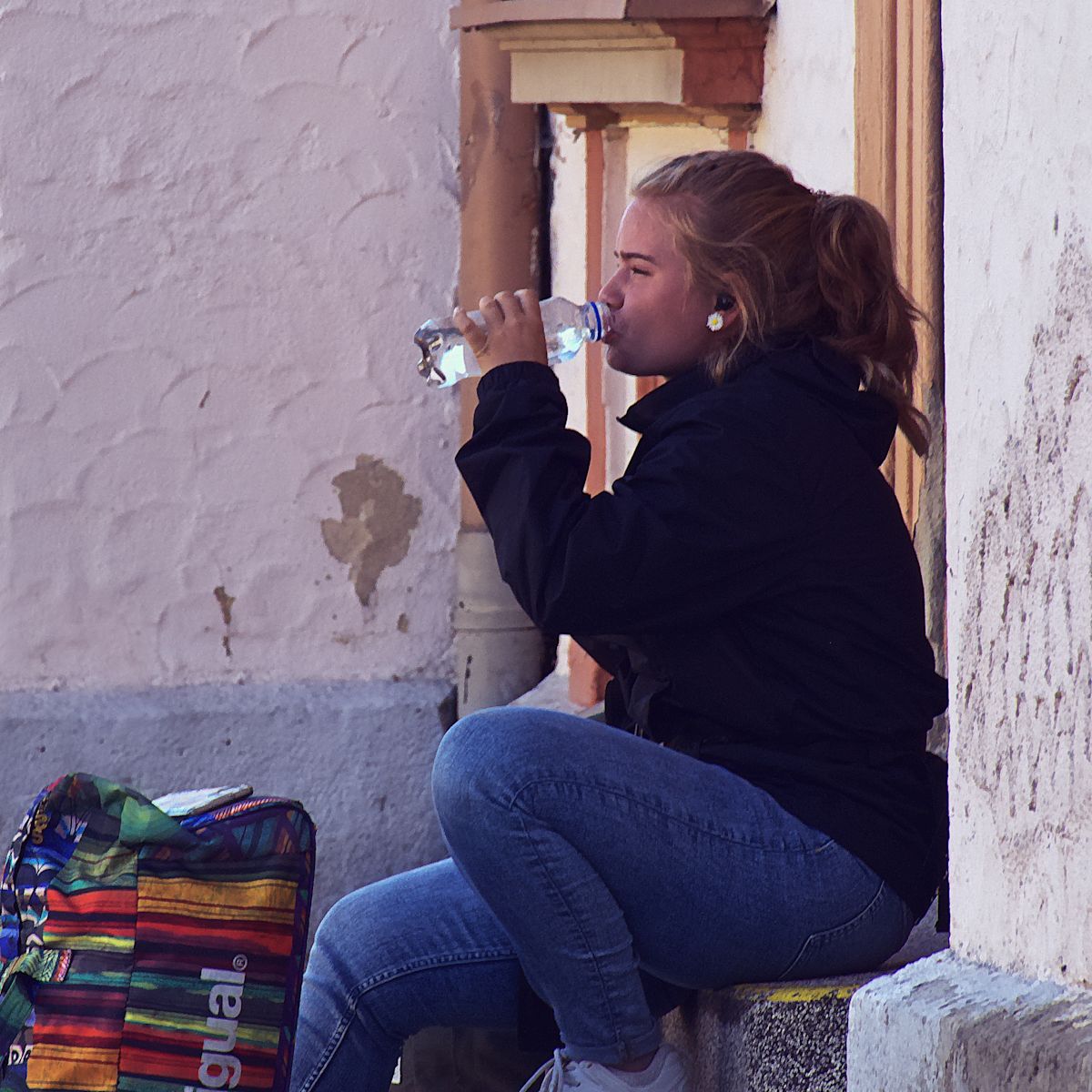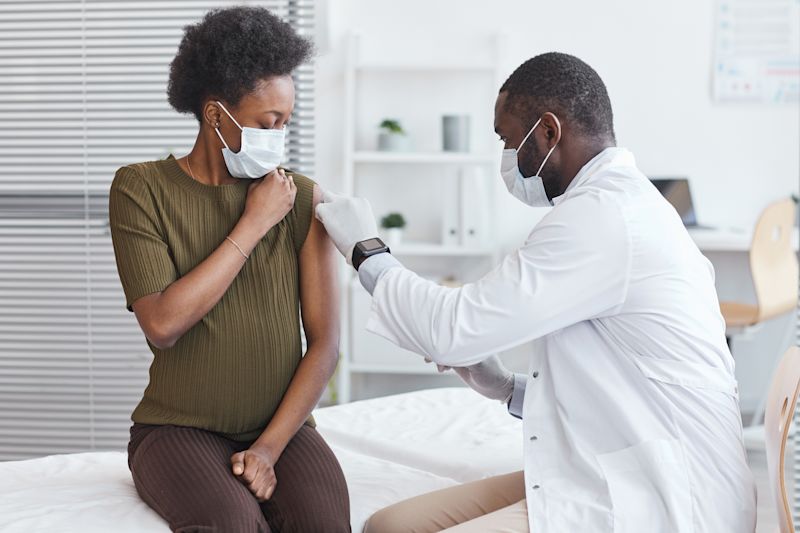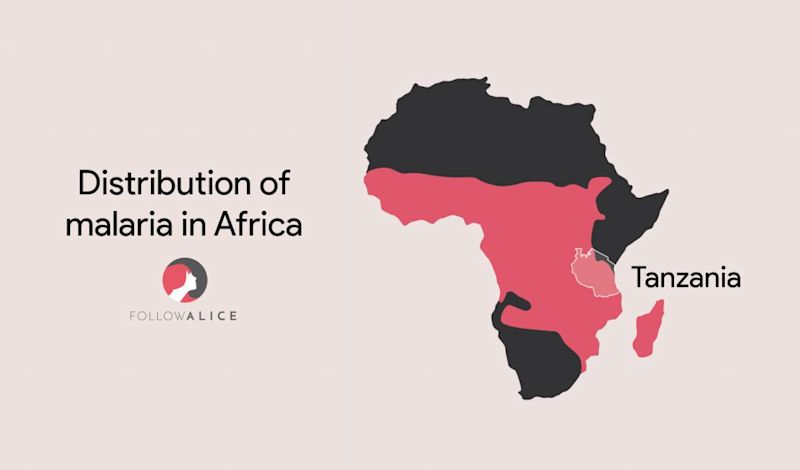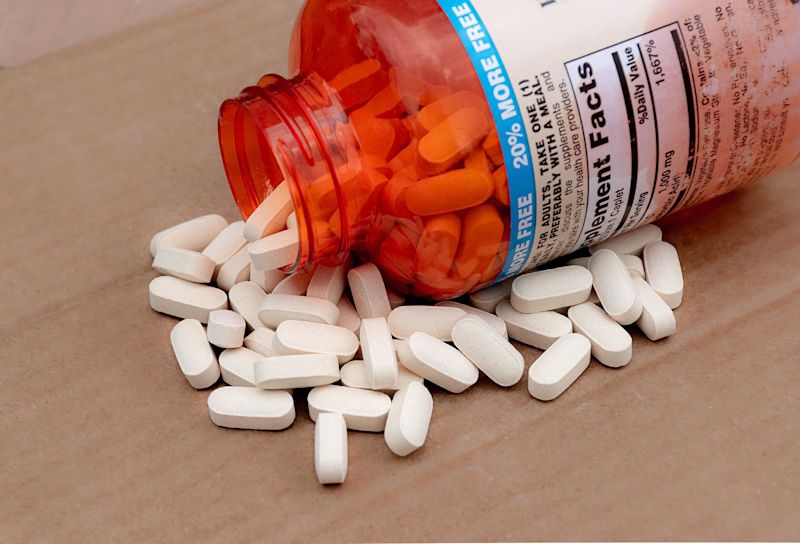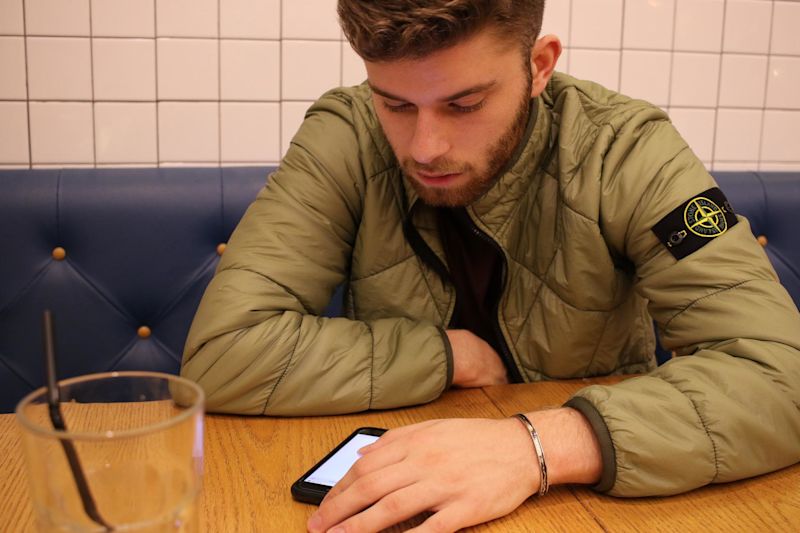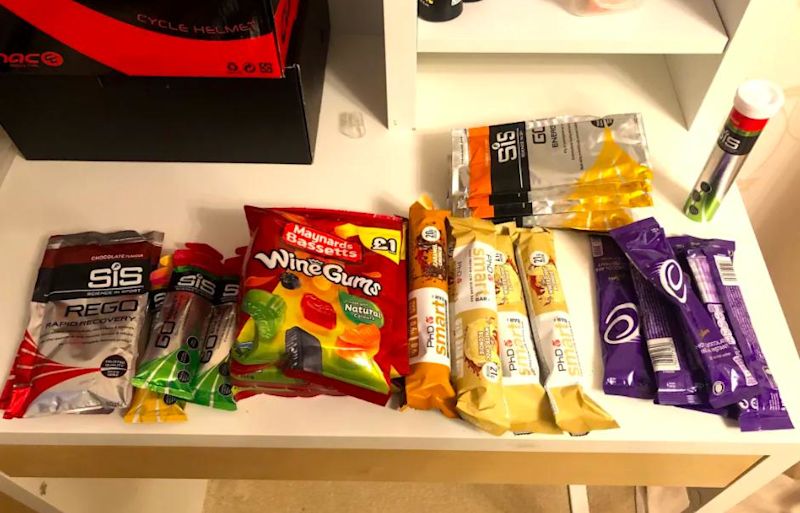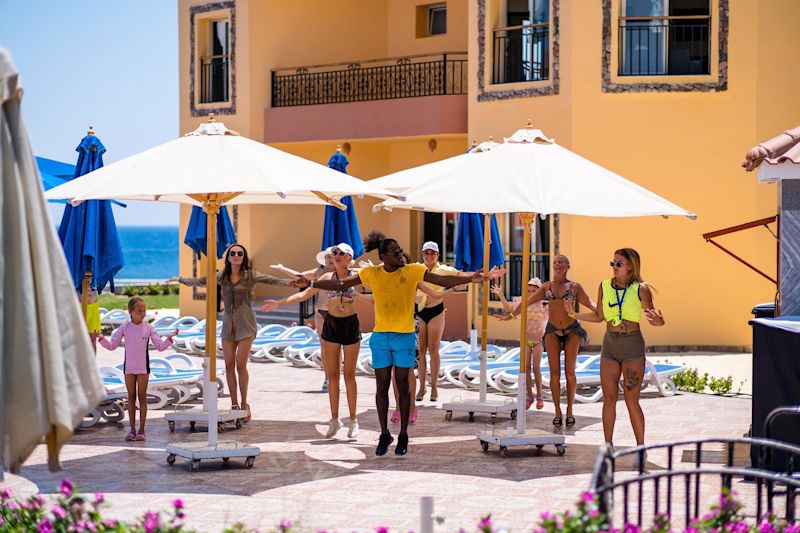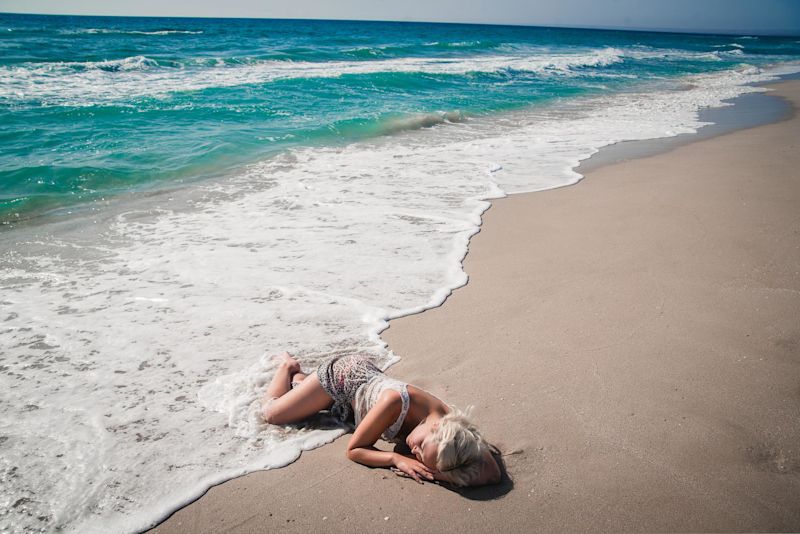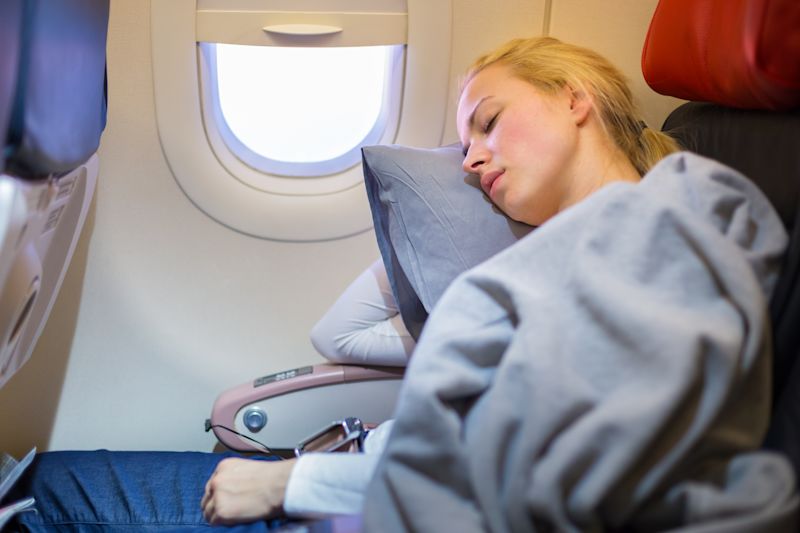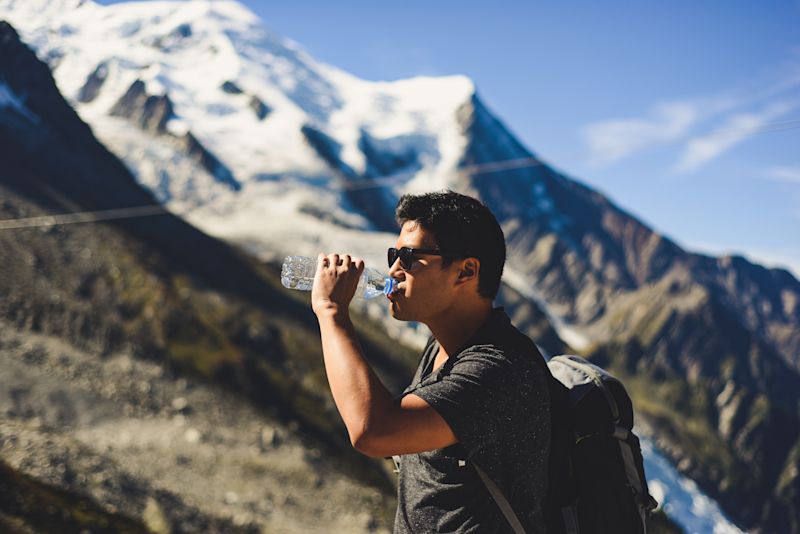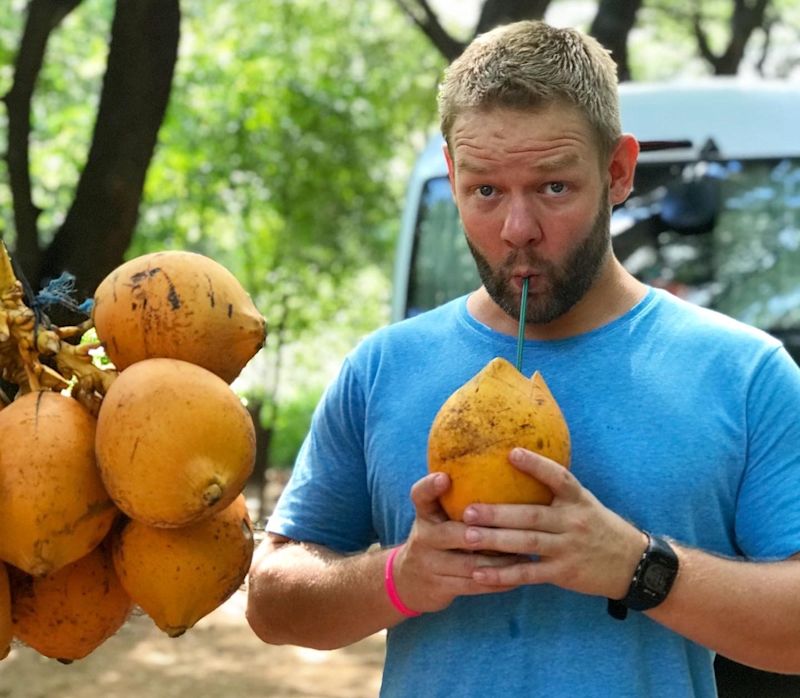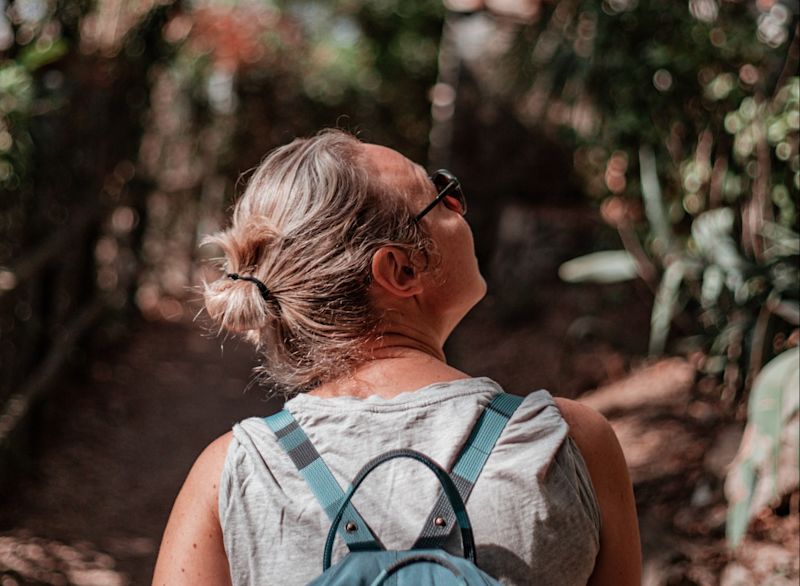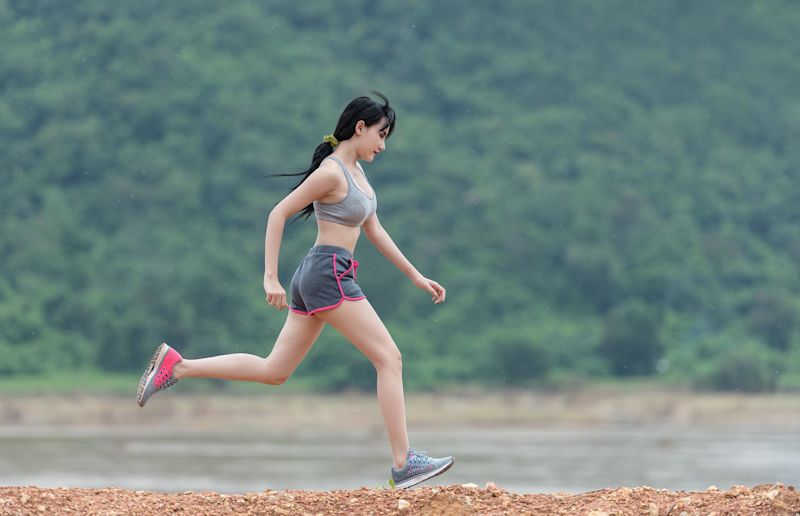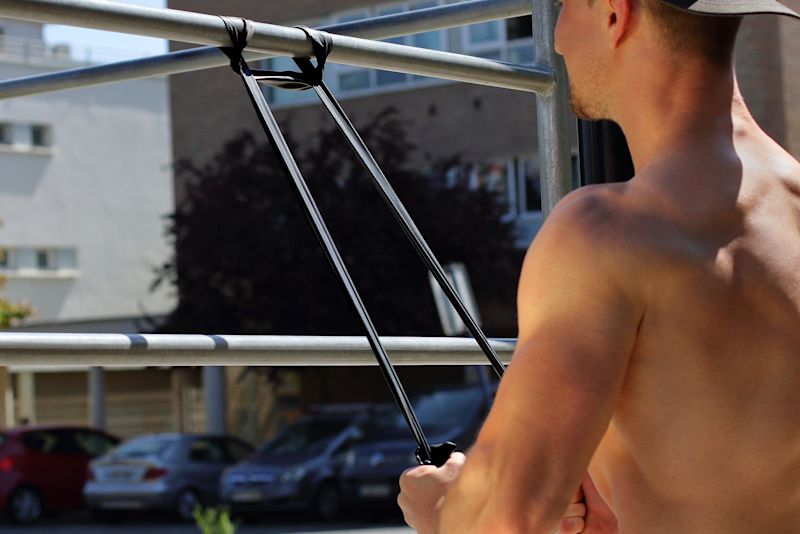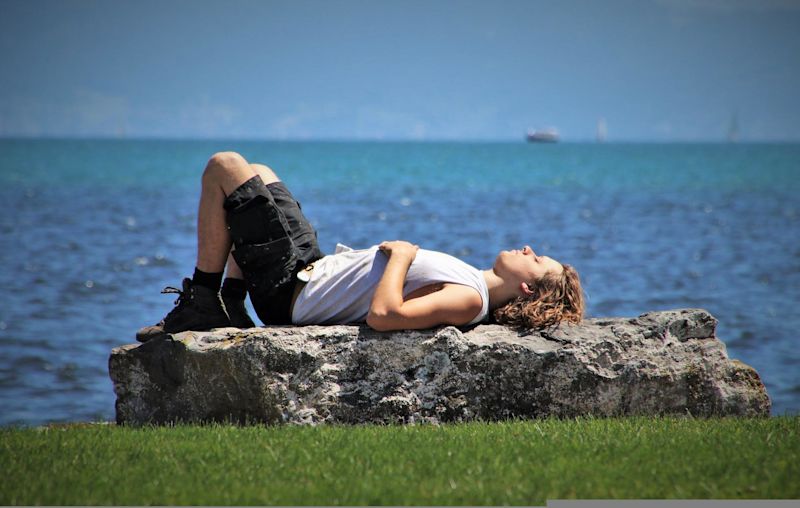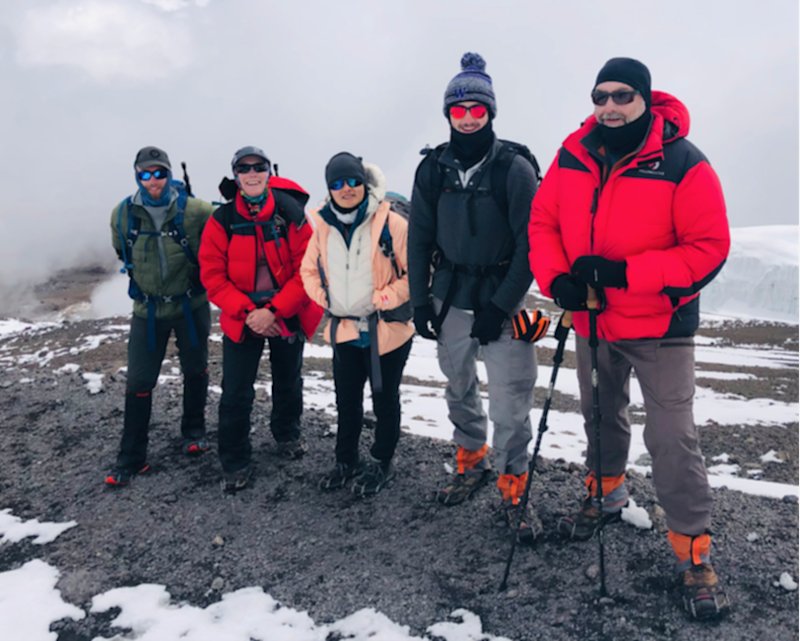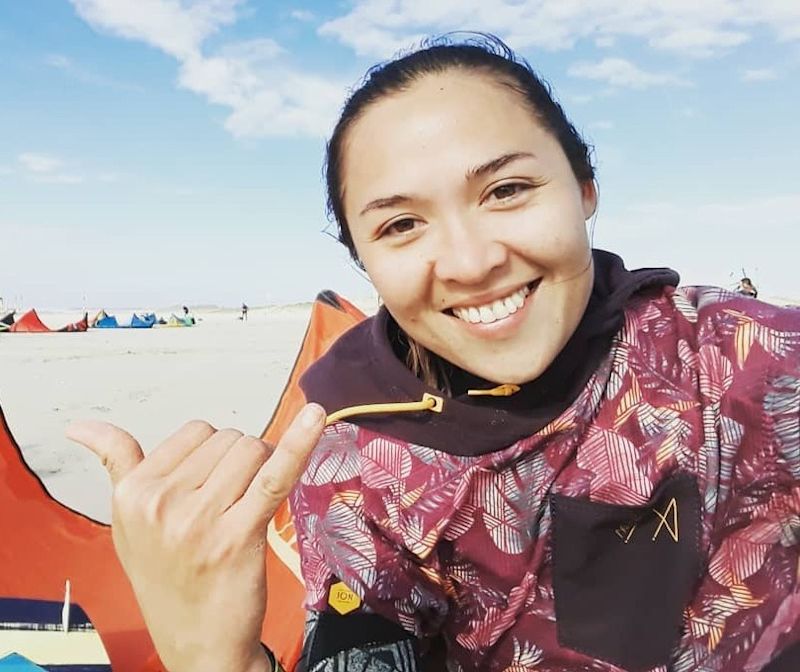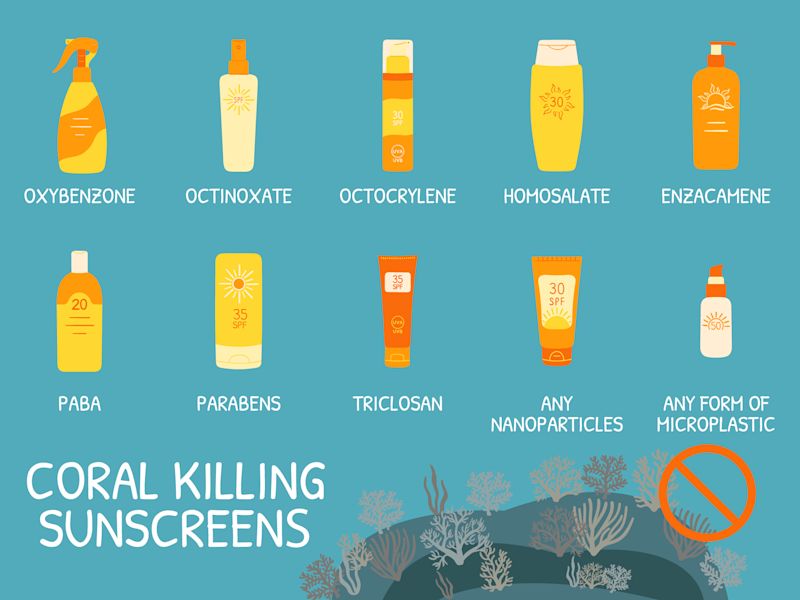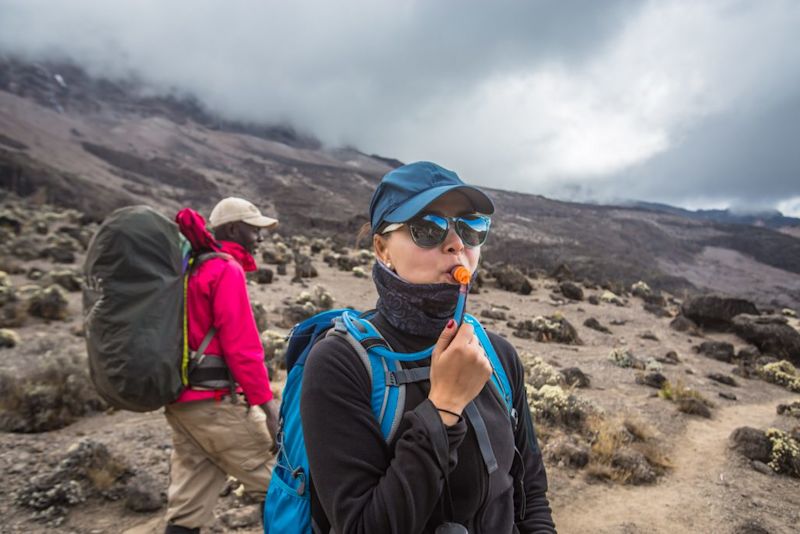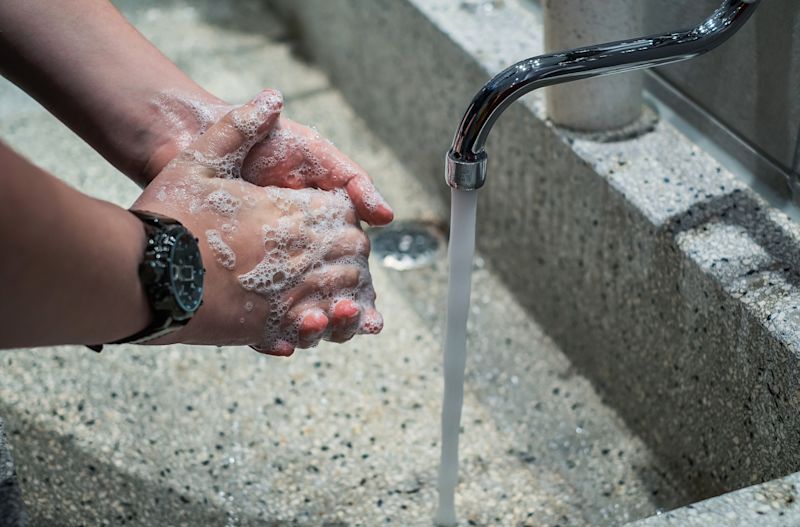We ask a lot of our bodies to cope with many changes when we travel. There's the shift in time zone and the fatigue of long journeys, for instance. And then we're exposing ourselves to germs on planes and transporting ourselves to regions where different diseases are prevalent. We also eat different foods, and sometimes expose ourselves to vastly different climates.
It's important, therefore, to provide our bodies with the extra support they need to cope with the changes and stay healthy in the new environment. Some of the strategies for healthy travel take place before your trip, while others need to be implemented during the trip itself.
Let's first consider what precautions to take before you trip.
1. Check what vaccinations are necessary
Be sure to look into vaccinations before heading off to another country. Certain countries require proof of a once-off yellow fever vaccine, for instance, before they’ll let you in. To find out what vaccines are needed per country, we recommend visiting an online travel health site like the NHS's Fit for Travel to find authoritative and up-to-date info.
Note that some vaccines may not be mandatory, but could still be advisable. If you weren't vaccinated as a child, against diseases like measles and smallpox, for instance, then it would be a good idea to look into getting those before your trip.
If you're unsure about what vaccinations you've had or need, your safest bet is to visit your local doctor for a consult. Which links to our next strategy for staying healthy when you travel ...
2. Visit a GP before your trip
Your local GP is the best source of advice for travelling abroad as they can give you personalised advice based on your medical profile.
You'll also want to let your GP know which country or countries you're visiting to see if they recommend taking any particular precautions. We're thinking especially in reference to tropical diseases like malaria, where you doctor may advise an anti-malaria medication as well as using anti-bug spray or the like.
You might like to ask your doctor if there's anything like a nasal spray that you can use on the airplane to help protect you from germs.
Do, of course, pack anything you personally need in the way of asthma pumps, prescribed meds, and the like. We feel a little silly saying that, because ... obviously.
But you might also like to consider taking a little more than what's needed for the duration of your trip in case your return is delayed for whatever reason. Sudden Covid-19 travel restrictions, for instance, left many people abroad without their required meds; avoid any chances of joining that anxious population by carrying some reserves of your meds with you.
Finally, if you're going to be travelling to a high altitude, you might like to request that your doctor give you Diamox or a similar medication which can help to alleviate the uncomfortable side affects of altitude sickness. This is something most of our clients doing a high-altitude climb bring with them.
3. Compose a small first aid kit
It's a great idea to carry a small first aid kit with you on your travels. If you're travelling with a good tour operator, they'll have a first aid kit of their own, but it's a good idea to also have your own little kit for dealing with a variety of small ailments.
Here are some items you might like to include in your travel first aid kit:
- Surgical gloves
- Sterile wipes
- Antiseptic
- Plasters (band aids)
- A small bandage
- Blunted scissors
- Pain relievers
- Anti-diarrhoea medicine
- Anti-nausea medicine
- Decongestants
- Lozenges
- Eye drops
- Aloe vera gel
Note that you can also buy ready-made first aid kits.
4. Pack supplements
A few strategic supplements can really help to protect your health when you travel.
It can be difficult when travelling to always eat a well-rounded diet that ensures you're getting a healthy dose of the necessary vitamins and minerals. This is especially the case in certain third-world countries or when doing an adventure trip in a remote location.
A good multivitamin might be all that you need. But if you'd like to take some more targeted supplements with you, consider:
- A probiotic. Flying upsets digestion, as can eating lots of unusual foods.
- Vitamin B complex. This is great in helping you to adjust to the new time zone and giving you energy. Take it mornings.
- Vitamin D. This is a good idea if you're headed somewhere wintry where you're unlikely to get enough sunshine. Vitamin D is fantastic for supporting your immune system.
- Electrolytes. Electrolytes are minerals that help your body to actually hold onto and use the water you consume. They come in many flavoured sachets that you can simply add to your drinking water.
- Magnesium. Magnesium is an electrolyte that helps you to enjoy deep sleep, and so is a great supplement to take on your travels! Consider taking one before a long-haul flight.
Finally, you might also like to along some take turmeric tablets, as these are helpful in tackling inflammation.
5. Set your intention to be healthy
As mentioned, travel places your body under extra strain. The plane ride itself, if you go on one, is already a test. But then the new environment, possible exposure to new germs, and the different foods place further pressure on our immune systems.
We need to be deliberate about tackling these pressures and setting ourselves up for healthy travels.
Research foods and restaurants
It's a widespread idea that holidays are a time to 'ditch the diet'. But why actually is travel a time to throw away good habits? If your health is a priority, then it’s a priority full stop. And as we mentioned earlier, your body is already under pressure just by dint of the fact that you're travelling – so why put it under further pressure by putting junk into it?
We highly recommend putting in a little bit of effort when it comes to planning for healthy eating during your travels. (The fact that you're reading this blog post suggests you're willing to do just that! 😉 )
The main thing we recommend is researching the food options wherever you're headed. Google the local cuisine. Find out what eateries are nearby. Or if you're travelling with a tour operator, query the food options available to you so that you can make any necessary plans or adjustments ahead of time.
We also recommend packing some of your regular go-to's, protein snacks and other favourites so that you can be assured of having the foods you need to sustain you in a pinch.
This is especially important if you're heading somewhere where the foods on offer are a bit of a question mark, for whatever reason. Perhaps you'll be far from any shops, or on a long-haul journey, or your itinerary isn't set, or, or, or.
Finally, familiar snacks can be a great comfort when far from home, especially if you're doing something physically and mentally challenging like a multiday trek.
Research exercise options
If exercise isn't going to be a core component of your trip, then you need to plan for it.
Find out if there's a gym where you're staying, if there's a park run in the area, or a pilates studio nearby, and so on. Perhaps use your online connections to find out if there's somebody you could exercise with, which would have the added benefit that they'd be able to show you around a bit.
We discuss how to incorporate exercise into your travels more in strategy #10, so we'll leave it there for now. But the main point here is to establish an exercise or movement plan before you set off on your trip. If you fail to plan, you plan to fail, after all.
If you fail to plan, you plan to fail.
Communicate your plans with your travel companions
If you're travelling with others, it's a good idea to talk about everyone's expectations beforehand. Let them know of your intention to do x, refrain from y, and make time for z. Instigate a discussion of how everyone imagines the trip playing out, so that you can chat through anything relevant and come up with a happy plan together.
6. Have a sleep strategy
A sleep strategy will help avoid the need to take a nap mid stroll!
If your trip is taking you to a very different time zone, or even just involves an overnight trip where you won't sleep well, then a sleep strategy can help to ensure you stay healthy despite these disruptions.
For some of us, a foreign pillow is a monster on which we're supposed to somehow rest our heads? Consider taking your own pillow with you if you have the space. Also consider packing a neck pillow for the flight, car or train ride to help you doze off.
Don't forget to pack earplugs and an eye mask if those are helpful to you. Relying on the earplugs a plane supplies isn't a good idea, as they might not be a good fit. Experiment with earplugs of varying materials to find the ones that work best for you.
If you're a white-noise sleeper, than take along your little device, but ensure you have the necessary adapter to make it work in the destination. Or consider using an app.
Low levels of magnesium have been linked to insomnia. As we discussed under strategy #4, you might also like to consider taking a magnesium supplement during your trip to help regulate your sleep. Then take a Vitamin B tablet in the morning in the new time zone to help perk you up. And as we discuss further on in strategy #11, try get to some early morning sunshine as well, as they can help to reset your circadian rhythm.
Finally, you might like to think about adjusting your sleeping patterns before your trip as much as possible. This means going to bed a little earlier than usual if you're heading east, for instance, so as to steer your body in the direction of the new time zone. Or if you're going to have a sleepless overnight flight, try to take a nap ahead of the flight.
Okay, let's now talk about some ways to help you stay healthy during the actual trip itself ...
7. Take precautions during flights and train rides
While airplanes and trains have upped their cleaning protocols in light of Covid-19, we think it's better to take cleanliness into your own hands wherever possible. So for starters, we recommend carrying disinfectant wipes to sanitise the items in your sitting area. You can't rely on the cleaning crew to do a thorough job in between every flight or train ride.
While we're all tired of wearing masks, to be sure, you might like to consider keeping one on during your journey, even if it's not required. Airplanes in particular are notorious for the spread of germs, given how you're enclosed in a capsule with sometimes hundreds of others for hours on end.
It's best to eat light and avoid alcohol on flights so as to not place too much strain on your body. As we've already said, plane rides place our bodies under extra strain, so it's a good idea to try to compensate for this whenever possible. If those little alcoholic freebies are really just too tempting, perhaps stow them away in your hand luggage for when you reach your destination? Also, airplanes are very dehydrating, so be sure to drink lots of water instead of lots of caffeine and alcohol.
If you have short legs, the pressure behind your thighs on a long journey can make finding a comfortable position a pointless exercise. Why not invest in an inflatable footrest or a hammock-like one that you can suspend from a tray table? Try to get up and stretch regularly. This helps to avoid the potential risk of deep-vein thrombosis (DVT).
8. Drink plenty of clean water
Water hydrates us, flushes out toxins, aids digestion, relieves the symptoms of altitude sickness, and the list goes on. We don't think anyone needs to be persuaded about the importance of drinking water!
Water isn't necessarily something everyone budgets for, but it should be, as clean drinking water is a hidden cost on some trips. While in some countries potable water can be ordered at a restaurant free of charge, in others it's a purchasable item like any other beverage. If you're travelling with a tour operator, find out if drinking water is included in the package fee.
Note that some countries, like Rwanda, don't allow single-use plastics. So you can't rely on buying plastic bottle of water after plastic bottle of water. That's also just not very cool.
Consider packing one or more reuseable water bottles for your trip. This is in addition to a water bladder if you're planning on an adventure trip like trekking.
We also recommend checking on the state of the tap water (public water supply) in the visited country. If necessary, take water purifying tablets with you, or consider purchasing a water bottle with a built-in filter. In some countries drinking unfiltered water can make you horribly sick, so don't stint on this little bit of research. If there's the option of boiling water before drinking it, then go with that.
9. Be careful what you eat and drink
One of the most common ways of falling ill when travelling is eating or drinking something that disagrees with you or, worse still, gives you food poisoning. And then there's good ol' constipation ... you're not sick per se, but boy is it unpleasant.
Did you know that constipation is believed to affect around 40% of travellers?!
While it's a good idea to pack something to help you should you get a stomach upset, prevention is better than a cure, to be sure. Consider where your food is coming from and what hygiene practices are in place. Look around you and observe.
Cooked food is less likely to cause an issue than raw food, but it's also no guarantee. Try to figure out where the food is being stored, if it's been refrigerated, and so on. Smell your food before eating it, and listen to your tastebuds and instincts – if something doesn't seem quite right, then don't force it down.
If you're really unsure of the state of affairs, consider going vegetarian or vegan for a meal or even for a stretch. You're less likely to get food poisoning on such diets.
If you're travelling in the company of a local, solicit their advice about what to eat, and where, to improve your chances of eating and drinking safely.
Finally, know yourself. If you have IBS or the like, you need to be more cautious than the average traveller. Ask questions, do your research, play it safe.
If you have allergies …
Consider making a card with pictures of what you can’t eat so that you can show these in instances where language is a barrier. Don't expect certain dietary restrictions like gluten-free to be commonly understood everywhere you go, and so being able to indicate which common foods are a no-no for you is helpful.
10. Be active every day
Exercise is brilliant for your health. You know that, we know. It's also one of the best ways to assist your digestion and recovery if you find you ate something on your travels that your body isn't too happy about.
If you're heading off on an adventure holiday where activity is part of the trip's DNA, then the desire to include some daily exercise isn't something you need to think about. It's already all sorted. But if you're planning on a city stay, perhaps, or a beach-and-book trip, then it might be something you need to plan ahead of time. As we discussed in strategy #5, it's important to set your intention to exercise on your trip, otherwise it may well not happen.
One of the best ways to exercise while on holiday is to get outside for a walk, run, cycle or swim if that's feasible (and safe). In this way you see the scenery at the same time as upping the heart rate, while also mingling with locals and getting a sense of the culture. And you get a good dose of fresh air.
Even better, perhaps, find out if there are any physical activities you could do that aren't available to you at home. Perhaps that's rowing, rafting or canoeing, or rock climbing and abseiling, or hiking or mountain biking in a beautiful national park.
Of course exercising outdoors might not always be possible. And women in particular need to be sure of their safety, and consider if their regular activewear is permitted and respectful to the visited society.
A simple way to ensure you can exercise anytime, anywhere, is to simply engage in some bodyweight exercises wherever you're staying. We're talking lunges, squats, pushups, ab exercises, running on the spot, jumping jacks, and the like. And then there's pilates and yoga too.
If you're unfamiliar or need guidance with such exercises, a quick Google search will have you sorted! You could also follow some online workouts if that works better for you. If you might not have good internet access where you're headed, download some workouts in advance.
You could also consider packing some resistance bands and any other lightweight exercise equipment you might have, like a resistance ring. These are great extras to have to add variety to any exercise routine.
If you want to up or sustain your fitness while away, then workouts are important. But note that you don't actually need to exercise per se to stay healthy when you travel, so long as you're moving your body enough. In fact, studies have shown that sustained movement throughout the day is better for your health (versus fitness) than an intense workout.
11. Get some sunshine every day
Try to get a little direct sun every day if you can – preferably first thing in the morning.
A little sunshine every day is a great thing for helping to keep you healthy when you travel. This is because our bodies' receptors have a chemical reaction to the sun that produces the hormone Vitamin D. Vitamin D improves our immunity and helps to combat inflammation, among other things.
When you travel, especially for leisure, your timetable is often a little more your own. Make use of this to ensure you get a little sun. The best time is actually first thing in the morning when the sun is rising, as sunlight at this time assists in stabilising our circadian clock. So linked with our prior point about having a sleep strategy – getting some early morning sunshine early on during your travel will help to establish a healthy circadian rhythm in the new time zone.
12. Protect your eyes, skin and lips
You should always put in extra effort to protect your eyes, skin and lips when you travel, as you're often entering climates and environments that are different from your own. And we're not just talking hot, tropical destinations, but also cold and high-altitude locations.
A change in weather and environmental conditions can be a big shock to the eyes, skin and lips. It's far better to support them from the get go, rather than treating the symptoms of overexposure.
Protecting your eyes
In terms of your eyes, be sure to pack good-quality sunglasses. Ideally you want sunglasses labelled UV 400, as these provide nearly 100% protection from harmful ultraviolet (UV) light rays.
Note that spending time in a snowy environment can lead to painful snow blindness, so be sure to bring your sunglasses for such environments too.
If doing something active like skiing or high-altitude trekking, you might want to put a neck cord on your glasses so they can't fall to the ground if they slip off your face. With a cord you can also remove them but keep your hands free (free to hold onto your poles, perhaps). Without a cord they'll probably go on your head or be slid onto your collar (from here they could slide out and end up in the long drop!) or shoved in a pocket (where they could get crushed and scratched). No bueno.
Large, Jackie O-style sunglasses or wrap-around sports sunglasses are also the best options for protecting your eyes as they keep UV rays from sneaking in at the sides. They also help to protect the sensitive skin around your eyes.
And speaking of skin ...
Protecting your skin
Did you know that every single sunburn can increase your risk of getting skin cancer? This is because the ultraviolet radiation can damage the genetic material in your skin cells.
Sunburn doesn't just happen at the beach, as we know you know. You can easily get burnt high in the mountains, where the UV rays are more intense because of the thinner air. And just because it's overcast – that doesn't mean you can't get burnt either.
Remember that the higher the elevation, the more intense the UV rays.
The three keys elements to protecting your skin are:
A full hat is preferable to a peak, as the latter can lead to a burnt scalp, especially if you have a bald patch, thinning hair or a parting. (Your hair will also get drier, though that's hardly a health issue). So don’t forget to take a good hat – preferably one endorsed by a cancer association, as you can then be confident that it's providing you with good protection from UV rays. A full brim is also better than a cap, as it helps to protect the sides of your face and the back of your neck.
A quality sunscreen is of course a critical item on your packing list if you want to stay healthy when you travel. Look for a sunscreen that has an SPF of at least 30. If you’re very pale, it’s a good idea to go higher. If you have sensitive skin, steer clear of spray sunscreens, as they tend to have fewer potential irritants in them.
Be sure to apply sunscreen to your ears, the back of your hands, and the tops of your feet. These are parts of the body that many people overlook, but can become painfully burnt.
You should wear sunscreen every day of your life – not just on ‘outdoor days'.
If you're going to be swimming in natural water bodies, we encourage you to use a reef-friendly sunscreen. Certain commonly used sunscreen ingredients can damage marine life.
A face mister is also a good idea if you're going to be in a harsh environment for quite a while. These can be applied over whatever sunscreen or makeup you're wearing, and just give the skin an extra little moisture boost during the day. A face mister is also really useful in the dehydrating atmosphere of an airplane.
We also recommend packing a quality skincare lotion for applying every night. You want to return as much moisture as possible to your skin.
In summary, the pro traveller's skincare kit includes a full-brim hat, high-SPF sunscreen, moisturising lotion, and a face mister.
Finally, it's a good idea to cover up your skin if you're going to be outdoors for many hours. Think closed shoes, long sleeves and a neck buff. Pants with zips that can convert them into shorts are a nice option for an easy transition.
Protecting your lips
Our lips are very sensitive, similar to the delicate skin around our eyes, and would benefit from some special attention. This is especially important in dry climates like the desert or high altitudes. And beware the power of the wind to dry out your lips speedily.
We recommend that you choose a lip balm with a high SPF factor. Often you can get a cream that's suitable for both your lips and the skin around your eyes.
A nifty product is an SPF balm that's designed for both the lips and the skin around the eyes.
If you're going on an adventure holiday, we suggest that you bring along a lip balm that doesn't require you to use your finger to apply it so that you can use it even when your hands aren't clean.
13. Wash your hands frequently
We all know that washing your hands is important. So what can we possibly have to add to the topic? A few points, in fact, we think!
Many establishments now have waterless hand sanitiser stations, which is very helpful. But remember that running water (and soap) is a far better option to a waterless hand sanitiser.
If there's no soap available, still give your hands a vigorous rub under running water. The rubbing action is what's most important when it comes to washing your hands, as it's the friction that helps you to shed dirt and microbes.
Washing your hands is actually more about the rubbing action than the soap.
And don't forget those thumbs – some people have a hand-washing action that doesn't involve the thumbs enough. And of course, we also encourage you to turn off the water while you lather and rub them li'l handies of yours, as this saves water.
Finally, we recommend packing your own little hand sanitiser for those moments when you can't access a tap.
Wet wipes (baby wipes) are also useful if you're doing something outdoors and could get your hands grubby. Use the wet wipe to get rid of the dirt, but then also sanitise to eliminate germs, as standard wet wipes (those without alcohol or a disinfectant) aren't fully sanitising.
And that's it. We feel confident that folks who follow the above 13 strategies for staying healthy when travelling will indeed enjoy a safe, healthy and happy trip! Have anything else to add? We'd love to hear from you!
